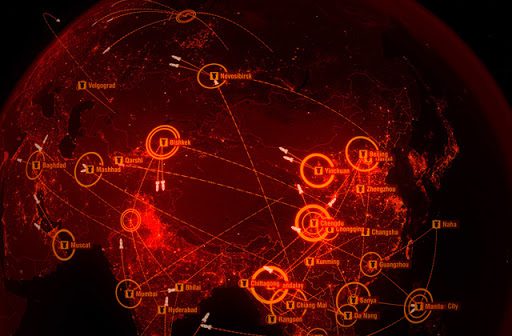
Terrorist organizations continue to make headlines around the world, and an attack on U.S. soil has the potential to cause catastrophic damage. Even a small-scale incident can cause tens of millions of dollars worth of damage across a large area. As a result, you should consider purchasing terrorism insurance to protect your business from terror-related damage.
Terrorism insurance is similar to other commercial insurance policies. However, since terrorist attacks are relatively unpredictable and can cause tremendous losses, terrorism coverage has some key differences that you need to be aware of.
Packaged Coverage
A regular insurance policy can provide coverage for terrorism as long as it doesn’t include a specific exclusion for terror-related incidents. However, as a result of the 9/11 attacks, most commercial policies now include these exclusions.
Some states do not allow insurance companies to include terrorism exclusions in specific commercial policies. For example, if a state does not allow exclusions for damage caused by a terror-related fire, then a standard commercial fire policy would provide coverage. This principle also applies to other types of policies, such as business interruption and cyber security insurance.
The Terrorism Risk Insurance Act
Insurance companies currently offer standalone terrorism insurance largely because of the Terrorism Risk Insurance Act (TRIA). Under the TRIA, the federal government shares the financial loss from a terrorist attack with insurance companies. As a result, the companies will not be solely responsible for a potentially monumental financial loss and can safely offer terrorism policies. However, the government will only provide reinsurance under specific conditions that are detailed in the TRIA.
For standalone terrorism insurance to be triggered, the U.S. Secretary of the Treasury must certify that an event meets the qualifications to be considered an act of terrorism. These qualifications, found in the TRIA, include the following:
- The attack must be committed as part of an effort to coerce U.S. civilians or to influence either policy or conduct of the U.S. government.
- The attack must cause at least $5 million worth of aggregate property and casualty losses to be certified under the TRIA. Then, federal funds will be provided to insurers once losses across the insurance industry reach a certain threshold.
- The attack must not include any damage as a result of a nuclear, biological, chemical or radiological attack, or as a result of war.
If an attack does not meet these qualifications, insurance companies can choose to decline coverage.
Risk Management
Insurance is just one way to protect your business from terrorism—you should also limit your business’s terrorism risk exposures. Call us today at 260.424.5600 to learn more.





